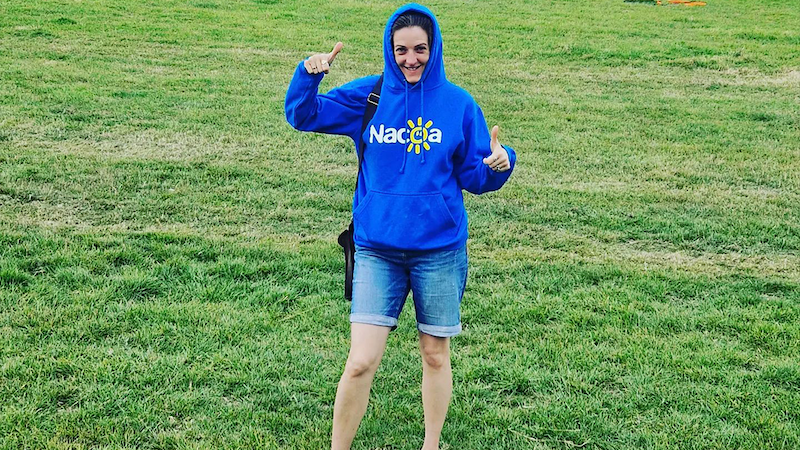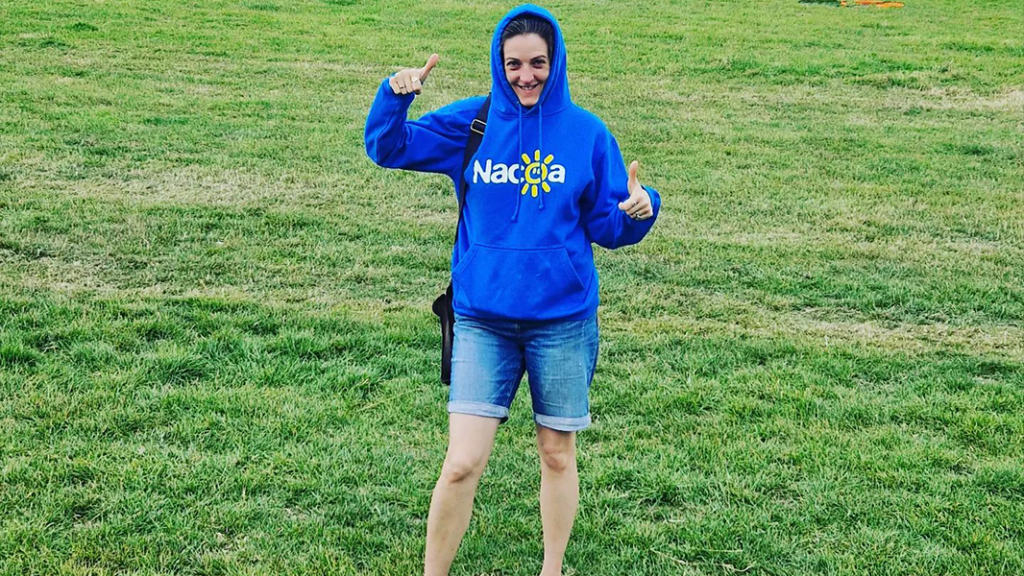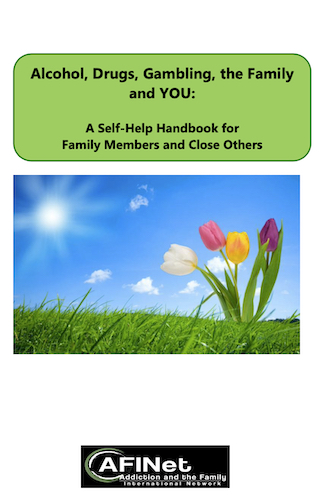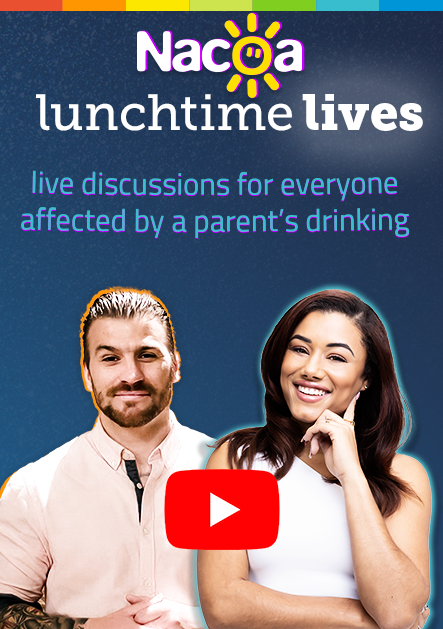

Talking about alcohol and family in prison | by Amy
Earlier this year I was invited to High Down Prison, a men’s prison and young offender institution, to tell my COA (child of an alcoholic) story and to share information about Nacoa and the work that they do.
I am always grateful for any opportunity to represent Nacoa, and take the responsibility very seriously, knowing that in any room approximately 20% of the people with have been impacted by a parent’s drinking. I know that for many it will be the first time they have realised they are not alone in being a COA or heard of Nacoa. It is certainly something I wish I had known about before my Dad’s death from alcohol related illnesses in 2020 after a decades long addiction.
Nacoa helped me understand
For anyone thinking about volunteering for Nacoa – do it! I have found that talking openly about my experience and raising awareness of the charity has been nothing but positive. It has helped me understand so much of what I went through and has introduced me to some of the most wonderful people. You don’t have to talk out loud if that’s not your thing, there are lots of ways to be involved, and lots of support to help you, including training and monthly volunteer support sessions.
I’ve spoken on podcasts, on TV, in schools to pupils and teachers and in company wide communications where I work, and always get nervous beforehand. I tell myself that my nerves show how much I care about what I do! I have always found the responses to be overwhelmingly positive. I don’t know what my Dad would make of it. I hope he’d be proud, but part of me thinks he might not be.
Driving to the prison I reflected on the judgment and stigma around being a prisoner, and how often society sees criminality as a choice, much like alcohol addiction. I also thought about how my Dad could have very easily become a prisoner himself. His behaviour and actions were often clouded by alcohol.
I reflected on the judgment and stigma
I was nervous about talking at a prison, aware that I would be in a room with people who had experience of being a COA, and others who had also had addiction issues. For people in recovery I am sure that hearing the impact a parent’s drinking has must be hard, and the last thing I would want to do is make anyone feel judged.
Some inmates also confided that they had children living a COA life outside, and that they were powerless to help whilst they were serving their sentences, and it felt good to be able to share Nacoa leaflets and information with them.
With my trusty Nacoa t-shirt on, I told my story. I talked about how being a COA can be a lonely place, and how confusing it can be, the push and pull of loving and hating a parent in addiction, the unpredictability and chaos it can bring.
I shared how 2.6 million children in the UK live in a household affected by alcohol addiction, and that Nacoa receive in excess of 30,000 calls per year to their helpline. As always, my nerves quickly dissipated seeing all the faces listening intently, many nodding in recognition at my words.
I share some of those words here, and hope that they may help you if you are reading this:
This is what I said
‘Whilst my Dad was alive I was often not very kind about him, or to him. I really did see his drinking as a choice – that he had chosen to enter addiction over being a parent, that he had chosen not to stop drinking, that he had chosen and enjoyed the life he was living. I never properly confronted him about his illness, and I certainly would not have called it an illness back then. I now know that addiction is an illness, and that somebody suffering from addiction has lost control over their drinking and need professional help to stop.
‘My Dad finally died in 2020 of multiple alcohol related illnesses. It wasn’t a nice death, and there was never the opportunity for conversations, apologies or redemption on either side before his death. I felt really cheated by that.
I assumed there would be a chance to talk
‘I had always known my Dad’s alcohol addiction would cause his death, but I had also assumed there would be the chance for us to talk before he went. What I would have really wanted was an apology from him, for the difficult times and for always feeling second best to alcohol.
‘I wanted to understand what had turned my lovely, funny, clever Dad into a person I had barely recognised, whose world revolved entirely around alcohol. By the end of his life he was physically destroyed and so dependent on alcohol and he was drinking constantly in great quantity.
‘But I also wanted the chance to apologise myself. For all the times I had been unkind, or avoided seeing him, or chosen to judge him rather than try to understand him. For how I would often be kinder to a stranger than my own father. For not being able to tell him I loved him and that I knew it was hard for him. That I wanted him to get better and wanted to be able to help.‘
Your words will help someone
Speaking at High Down was an incredible experience and one I hope to repeat later this year at the women’s prison nearby. It doesn’t matter where you speak, who you speak to or what you say about your experience – your words will almost definitely help someone else who has been keeping the family secret.
Becoming involved with Nacoa has also helped me in more ways that I could have imagined too. Sharing my story and connecting with other COAs has helped me understand and start to heal from my experience. I am not alone, and will keep speaking out so that others know that they aren’t either.
Amy
To find out more about volunteering, contact us here.
























































































